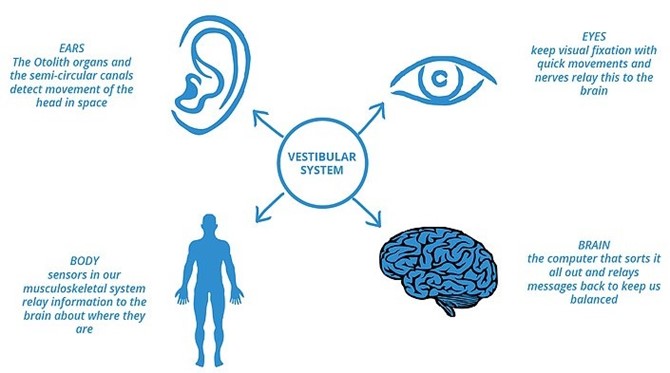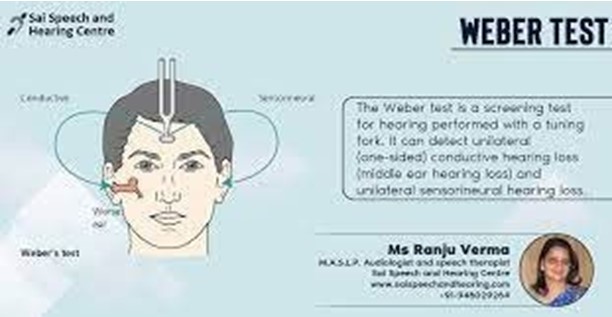A nurse is assessing an older adult client. Which of the following findings should the nurse expect?
Decreased sense of balance
Nighttime urinary incontinence
Heightened sense of pain
Increased nighttime sleeping
The Correct Answer is A
As individuals age, it is common for them to experience a decreased sense of balance. This can be attributed to age-related changes in the musculoskeletal system, sensory perception, and coordination. The inner ear, which plays a vital role in maintaining balance, undergoes natural degenerative changes over time. Additionally, age-related decline in muscle strength and flexibility can contribute to difficulties in maintaining balance. Therefore, a nurse assessing an older adult client should expect a decreased sense of balance as a common finding.
- Nighttime urinary incontinence: While nighttime urinary incontinence can occur in some older adults, it is not a universal finding. It is important to avoid making assumptions or generalizations about older adults experiencing urinary incontinence. Each individual's urinary function can vary, and incontinence can be influenced by various factors such as overall health, bladder capacity, medication use, and underlying medical conditions.
- Heightened sense of pain: Older adults may experience changes in pain perception due to age-related physiological changes and medical conditions. However, it is not a predictable or expected finding for all older adult clients. Pain perception can vary among individuals based on their overall health, chronic conditions, and individual pain thresholds. Therefore, while some older adults may experience heightened pain sensitivity, it is not a universal expectation.
- Increased nighttime sleeping: Sleep patterns can change with age, and older adults may experience alterations in their sleep-wake cycles. However, increased nighttime sleeping is not a definitive finding that applies to all older adult clients. Sleep patterns can vary greatly among individuals, and some older adults may experience decreased sleep duration or disrupted sleep rather than increased nighttime sleeping.
In summary, the nurse should expect a decreased sense of balance as a common finding when assessing an older adult client. It is important to approach each individual as unique and recognize that other findings such as nighttime urinary incontinence, heightened sense of pain, or increased nighttime sleeping may or may not be present, as they can vary among older adults based on individual factors.

Nursing Test Bank
Naxlex Comprehensive Predictor Exams
Related Questions
Correct Answer is A
Explanation
The correct answer is that the nurse should place the base of a vibrating tuning fork on the top of the client's head when performing Weber's test. Weber's test is a screening test for hearing that can detect unilateral (one-sided. conductive hearing loss (middle ear hearing loss) and unilateral sensorineural hearing loss (inner ear hearing loss)².
Options b, c and d are not correct actions for performing Weber's test. Counting how many seconds a client can hear a tuning fork after it has been struck, placing the base of a vibrating tuning fork on the client's mastoid process and moving a vibrating tuning fork in front of the client's ear canals one after the other are not part of Weber's test.

Correct Answer is A
Explanation
The nurse should provide written materials in the client's primary language for a client who requires teaching prior to discharge. This ensures that the client has access to important information in a language they understand and can refer to after leaving the facility.
b. A client who is watching a video about meal services in their primary language may not require additional written materials.
c. A client who is learning to use an incentive spirometer with the help of an interpreter may not require additional written materials.
d. The administration of a prescribed pain medication does not necessarily require the provision of written materials.
Whether you are a student looking to ace your exams or a practicing nurse seeking to enhance your expertise , our nursing education contents will empower you with the confidence and competence to make a difference in the lives of patients and become a respected leader in the healthcare field.
Visit Naxlex, invest in your future and unlock endless possibilities with our unparalleled nursing education contents today
Report Wrong Answer on the Current Question
Do you disagree with the answer? If yes, what is your expected answer? Explain.
Kindly be descriptive with the issue you are facing.
